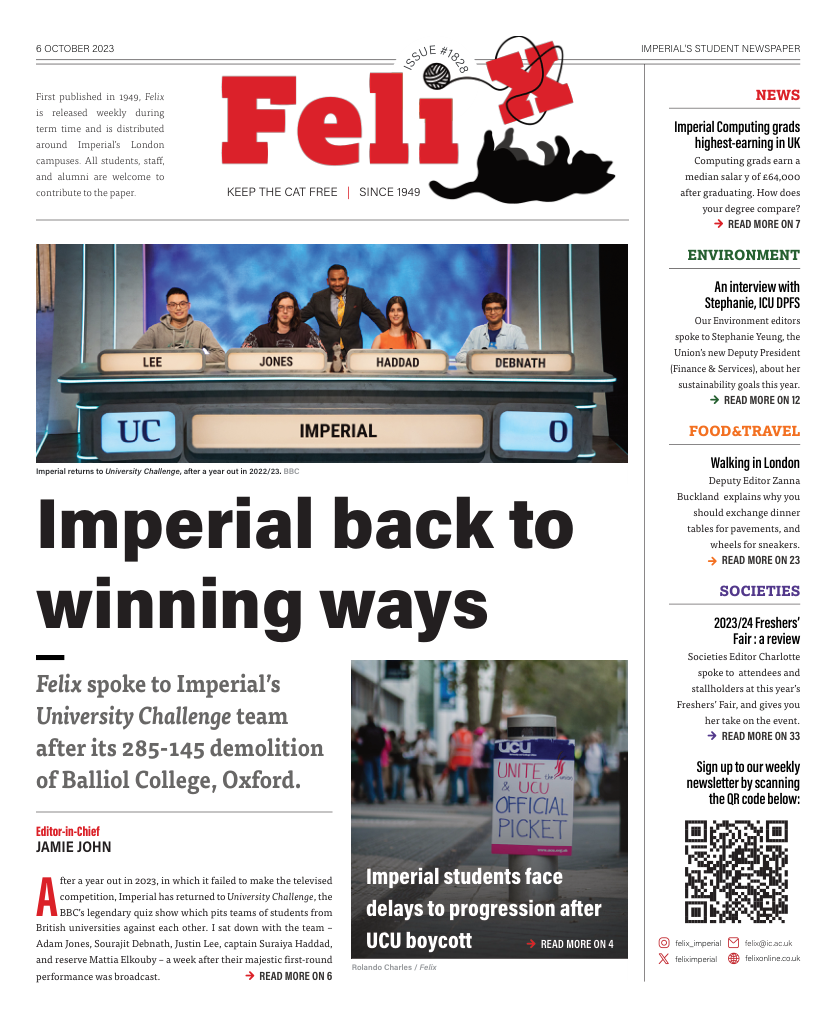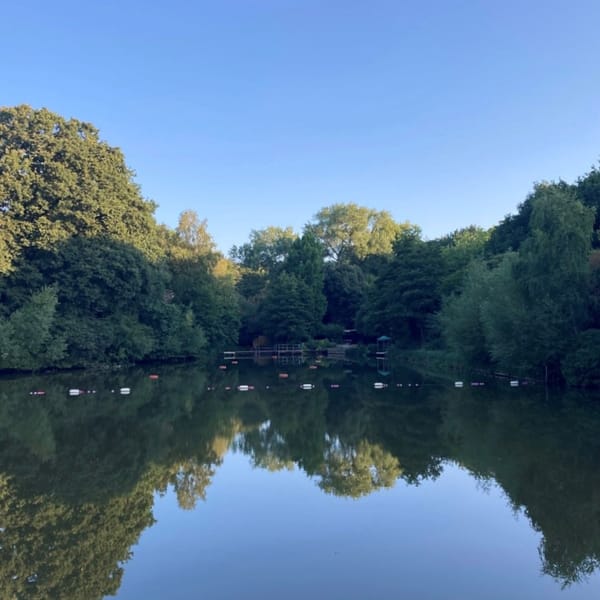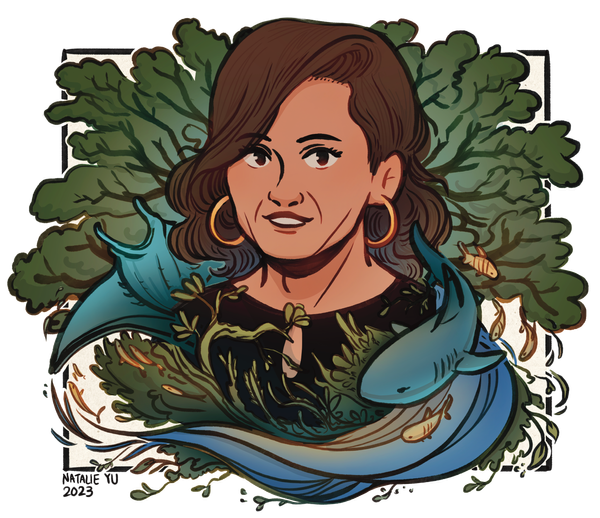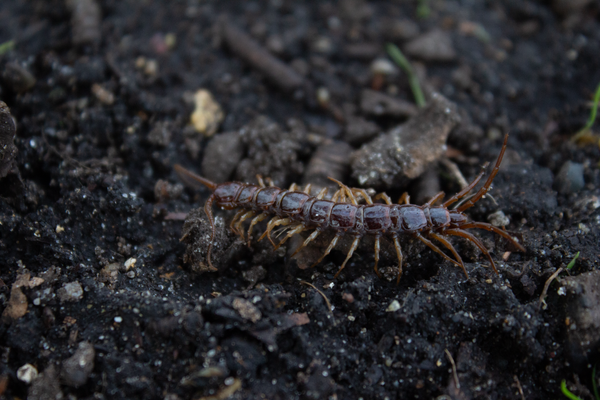Environmental education and reliable journalism are crucial
The book Silent Spring (1958) is arguably the most -recommended book for students and academics in conservation, ecology, and the environmental sciences. Written by Rachel Carson – a marine biologist who graduated from the Pennsylvania College of Women and Johns Hopkins University – the book explains the impacts of widespread synthetic herbicides and pesticides on humans and ecosystems. She also discusses the reasoning for their continued use at the time and the lack of regulation despite recommendations from the scientific community.
During the late 1950s, the United States government employed the insecticide DDT in eradication programs for pests like fire ants and mosquitos among other pests. This inadvertently led to the deaths of countless wildlife – particularly birds – as well as mass crop damage; events which were the primary inspiration for Silent Spring. What shocked me most when reading this book wasn’t simply learning of such horrific incidents, but how little I had heard about them before and how difficult they were it was to fact-check them. One would expect an ecological tragedy of this severity could be expected to be as well-known as a historical event such as the sinking of the Titanic – but ask a random person on the street about them both, and they will almost certainly only know about one.
The message of Silent Spring still rings starkly true; today, not only with toxic chemicals, but also in the case of microplastic distribution. Carson’s discussion of the accumulation of pesticides in living cells and tissues eerily translates onto resembles the pervasiveness of microplastics in organisms and ecosystems.
The knowledge that my bloodstream is presently filled with a myriad of miniscule toxic particles makes my skin crawl more than any fictional horror tale could. And yet, this is a fact I might not have known if I hadn’t gone looking for the information; it’s not front-page news, I wasn’t taught it in school, and I didn’t find it out from anyone I know. If even the most educated among us are potentially unaware of such things, how can we hope to thoroughly enact positive change?
Large-scale conservation efforts are the responsibility of governments and corporations, but the average citizen still needs to stay informed and engaged to keep those entities accountable. We all need to be aware of what’s going on in academic research, what significant environmental events are transpiring around the world, and what governing bodies are and aren’t doing about them. This is why effective education and journalism are crucial – without reliable journalism, all advocacy is rendered pointless.
In a press conference on Wednesday 20th September, UK prime minister Rishi Sunak explained that target dates for several net-zero pledges are to be shifted forward (e.g., implementation of a ban on new petrol or diesel cars moving from 2030 to 2035). This comes after his approval of new Rosebank oilfield as well as exposure of his family’s ties to fossil fuel company Shell. Sunak insists the UK is still on track to meet its original target of reaching net-zero carbon emissions by 2050, despite original commitments being tentatively on track at best.










